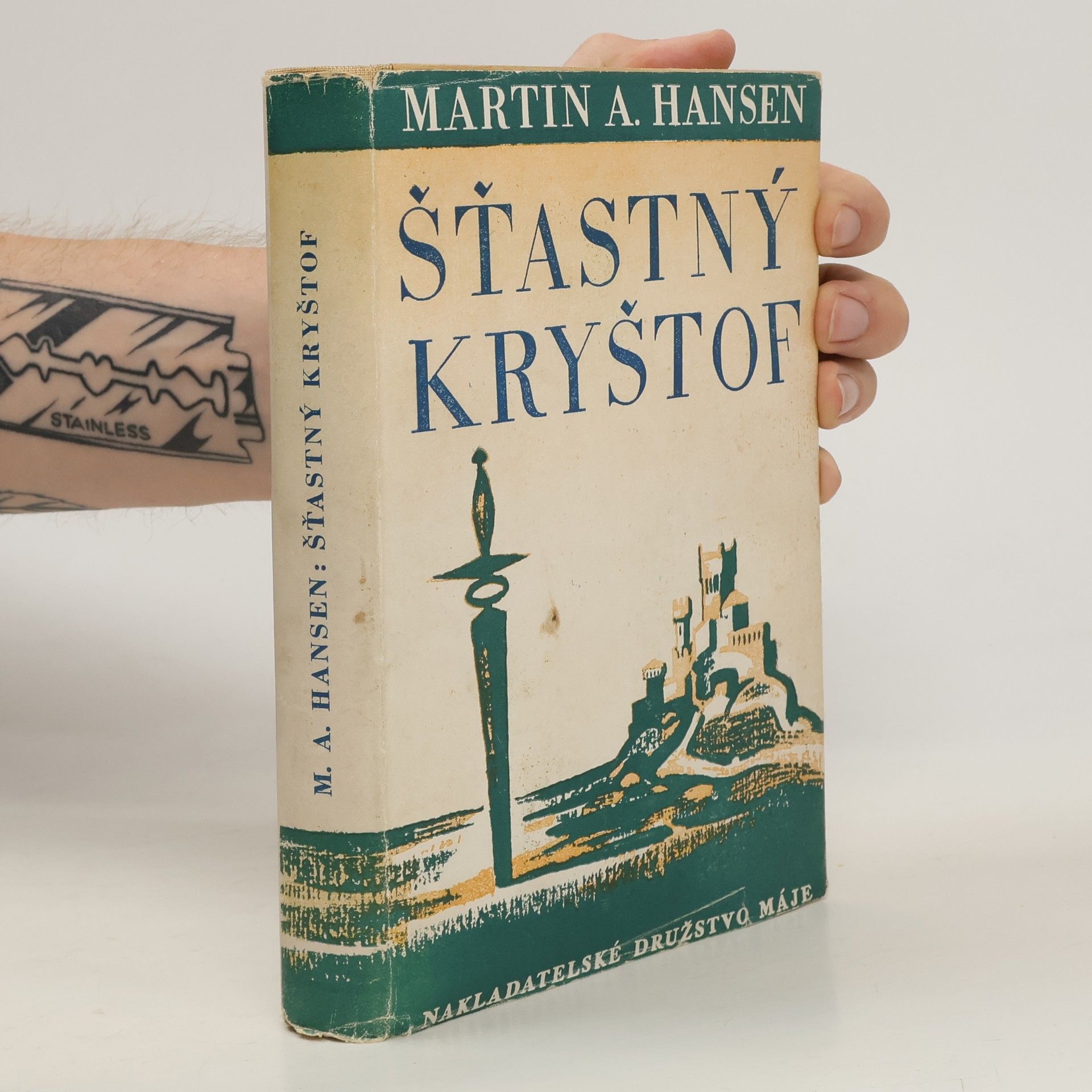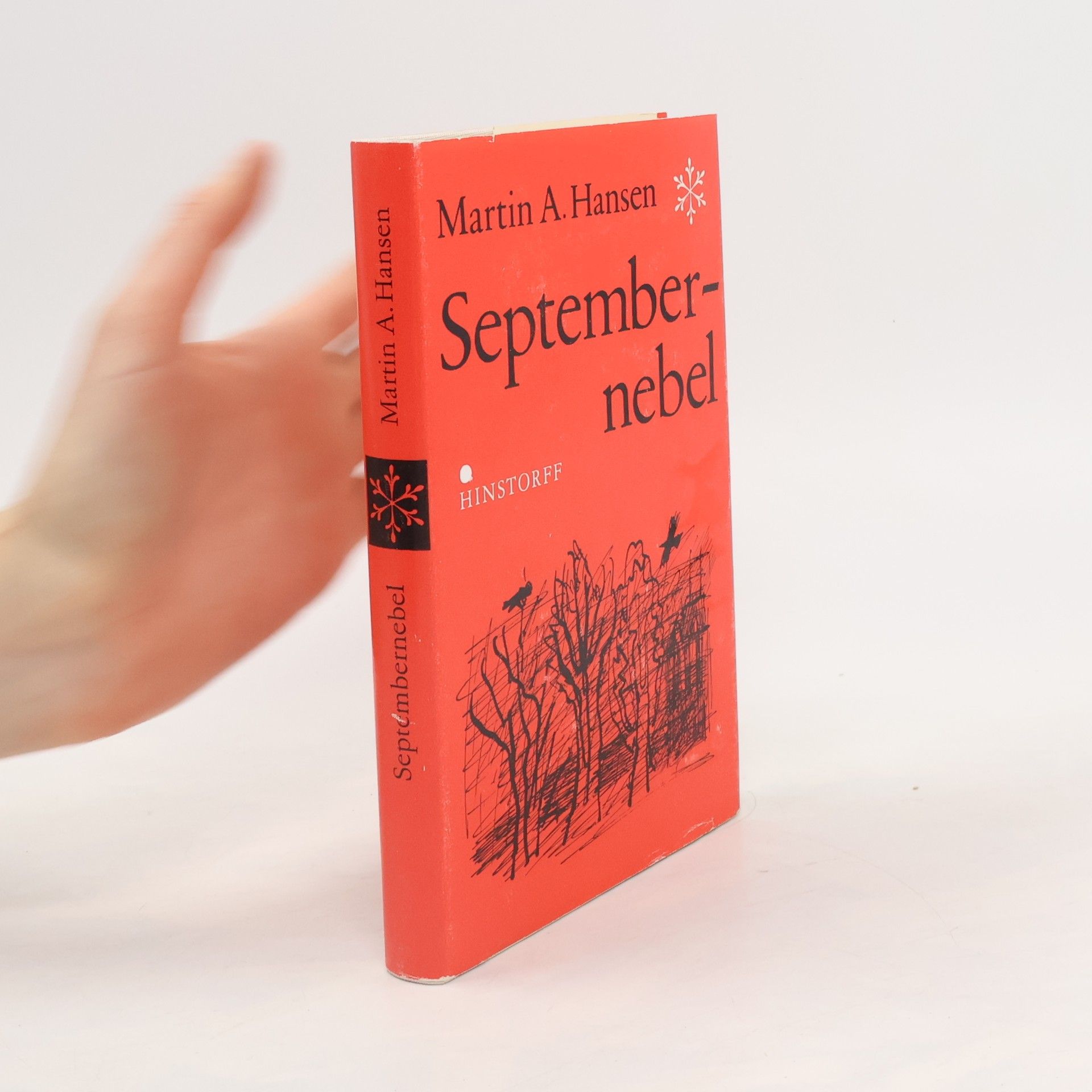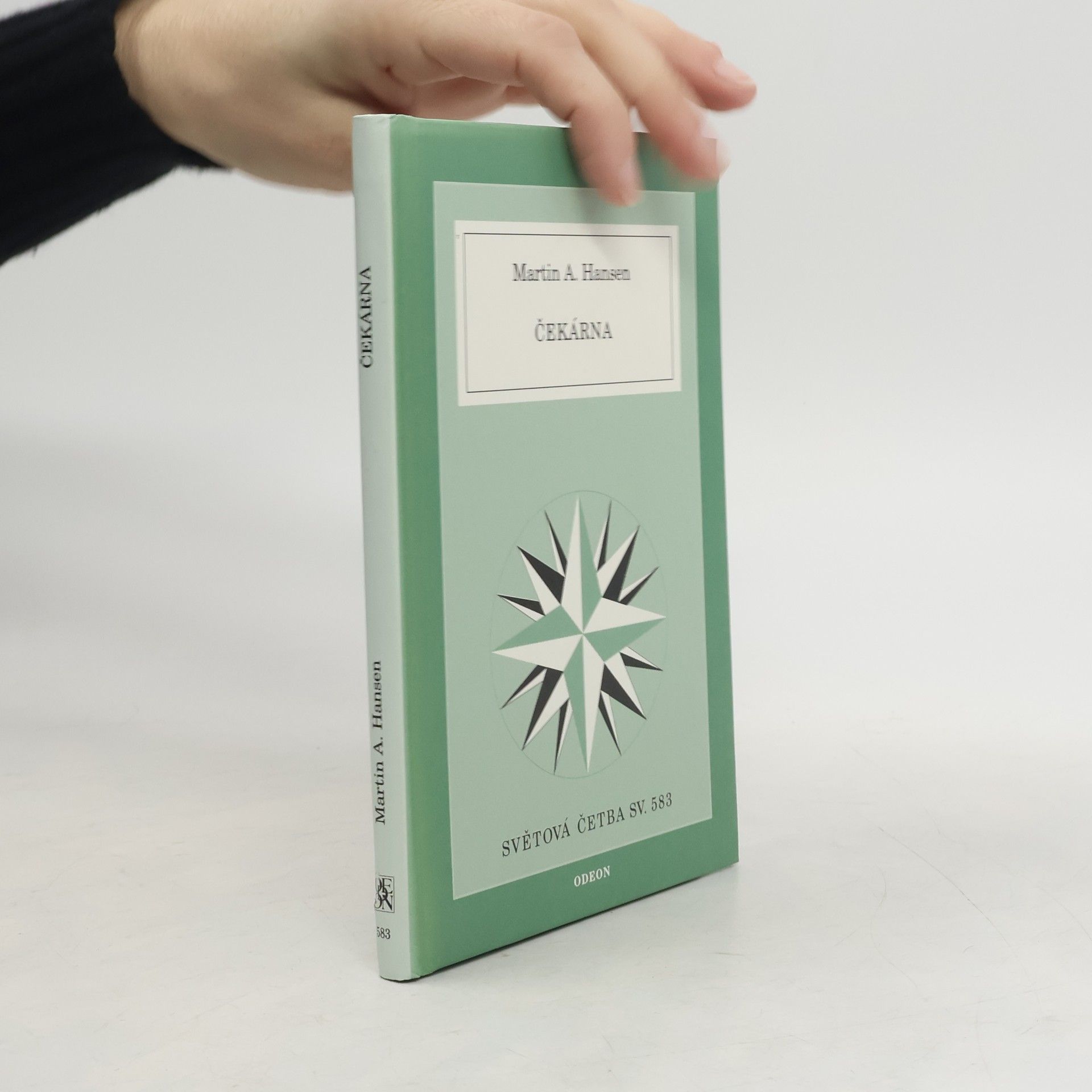Delicately attuned to the complexities of both the natural world and human psychology, this potent classic of twentieth-century Danish literature is narrated by an isolated schoolteacher stuck in a mire of loneliness, deception, and spiritual despair. One of the greatest works of modern Scandinavian fiction, The Liar tells the story of Johannes Lye, a teacher and parish clerk on tiny Sand Island off the coast of Denmark, a place that in winter is entirely cut off from the world at large by ice. It is winter when the book begins, and for years now Johannes has lived alone, even as he nurses a secret passion for Annemari, a former pupil. Annemari is engaged to a local man, Olaf, who has left the island but is due to return come spring. She is also being courted by a young engineer from the mainland. Such are the chief players in a compact drama, recorded in Johannes’s ironic, self-lacerating, and anything but reliable diary. Martin A. Hansen’s novel beautifully evokes the stark landscape of Sand Island and the immemorial circuit of the seasons as well as the mysterious passage of time in the human heart, all the while proceeding to a supremely suspenseful conclusion.
Martin Alfred Hansen Livres
Martin A. Hansen était un auteur danois qui travaillait auparavant comme enseignant. Ses premières années dans le petit village de Strøby ont façonné sa perspective. Après son passage dans l'enseignement, Hansen s'est tourné vers l'écriture. Ses œuvres offrent des réflexions profondes sur la vie et la société.




Martin A. Hansen je ústředním představitelem existencialismu v severské literatuře. Inspiraci nalezl v myšlenkách slavného, o sto let staršího krajana, filozofa a básníka Sőrena Kirkegaarda. Hansenovy povídkové soubory z konce 30. let, Šípkový keř a Koroptev, znamenaly zlom v jeho tvorbě; motivy a polohy lidského nitra oscilují mezi náboženským a noetickým nazíráním světa, převažují však otázky existenciální. Knížka je výborem z povídkového souboru Koroptev. V titulní povídce se Hansen nejvyhroceněji představuje jako moderní autor 20. století: v prostředí nádražní čekárny sledujeme dialog-zápas dvou žen, prozrazující nesmyslnost a chaotičnost života „sdílné ženy“. Hlavním motivem jejího jednání je nuda, vyvolaná prázdnotou okolního světa, života bez iluzí a bez naděje.
Historický román z nejzmatenějšího období dánských dějin, z doby tzv. hrabského sváru (1534–1536), kdy král Christián II. byl držen ve vězení a v boji o dánskou korunu se křížily nejrůznější zájmy: náboženské, sociální, krajové, vnitřní i cizí, lubecké a švédské. Do těchtozmatků je zasazen život donquijotského hrdiny Kryštofa, který se vypravil ze severního Hallandu do Kodaně, aby splnil velký úkol, k němuž se cítí povolán.